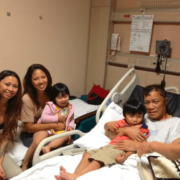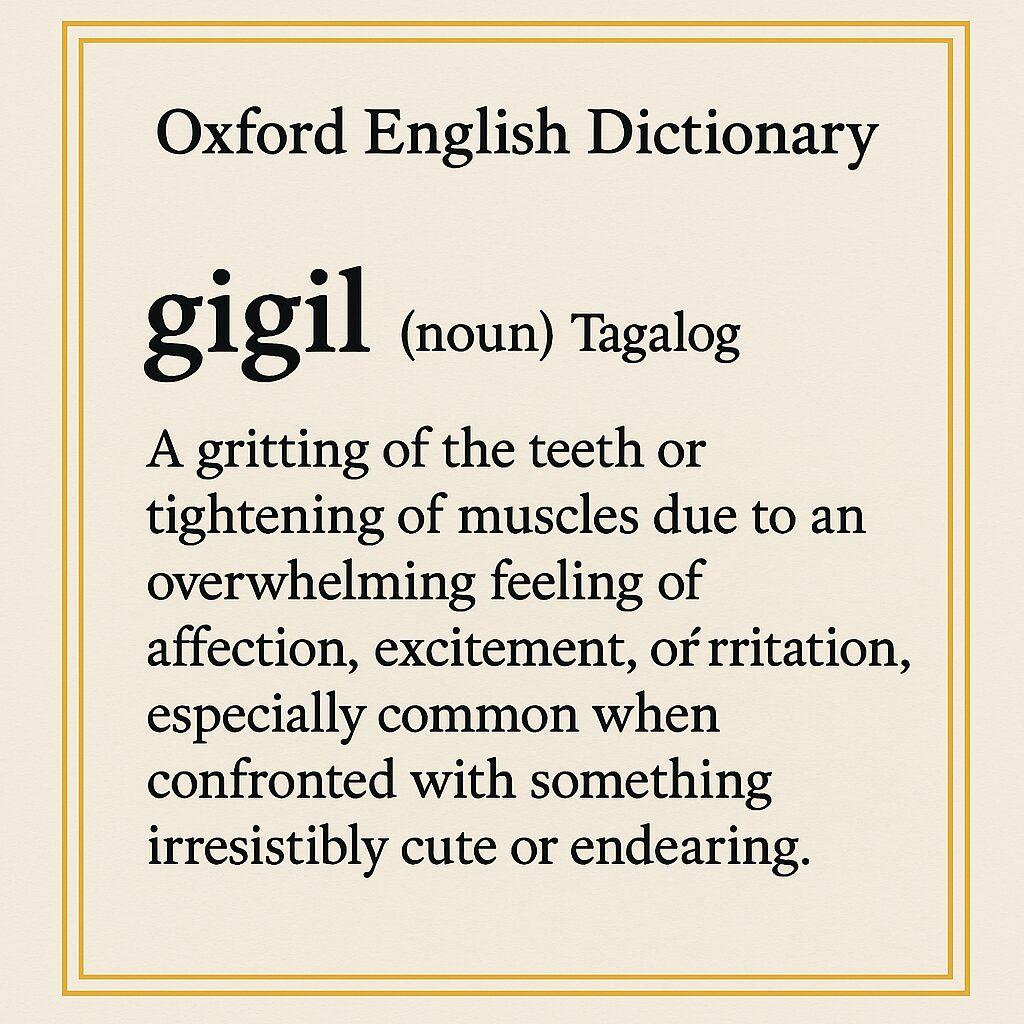Nursing is most certainly a world into itself. Even as the debate in American healthcare rages, these remarkable men and women quietly continue to provide the day to day grit from the edge of life, each practicing in a variety of specialties including cardiac care, the ER, intensive care, obstetric, orthopedic surgery that holds the healing profession together. They would rearrange fate.
Their patients came in all shapes, sizes, ages and colors.
They were frightened, brave, gentle arrogant, demanding, considerate. They were young and old clumsy and adept, others were subtle, crude under hardened cells (the way nurses do), patients are human beings in pain.
Through a daily basis of witness and involvement in death, birth and celebration, nurses sign up for life. They have a certain quality: an abundance of human compassion, a kind of wisdom born of the heart, where fulfillment could only come from the knowledge that one had made a positive, if not a profound difference in another person’s life.
You see them, with a grateful heart as they walk on hands, and do somersaults dealing with a patients extreme despair, suffering: life – altering trauma, joys, rage and despair, that ordinary people like us experience only a few times during an entire lifetime.
Some of them get frustrated, if not horrified by what the insurance companies and hospital corporations are doing to the medical world, but this isn’t a piece about politics, simply getting to know more about these medical warriors…as they go on about the business of caring and healing: you can only feel respect, awe and love for these extraordinary human beings, whose work is arduous and complex, requiring the exercise of the very highest faculties of the mind, while constantly appealing to the emotion and higher feelings. Sir Williams Osler said that.
One need not be trained in medicine to make cogent and crucial observation about what it is like to be sick and vulnerable, to witness and record the isolation and alienation that comes eventually to all of us when we become patients.
At any ICU ward is a kaleidoscope of broken lives as days and nights flowed into one another, the nurses go through their daily toils: feeling pulses, listening to hearts, lung and abdomen for finite sounds or prowl for complication as they load vitamins and minerals to patients, like pumping fuel into a powerful car, with no steering wheel or tires.
Are there words less painful? For that one who had an aneurysm brain surgery might never be able to have another conscious thing, or talk or brush his teeth, or go to the bathroom by himself? Nurses have seen this before. Lots of times they knew what is in store for him, for his mother, his family and his children.
The tension permeated this particular ICU, is a peculiar silence, full of unsaid words that type of strain that translate into blind hope for the best, expect the worst when grief is grief.
When tragedy strikes the nurses deal with tragedy patients which is only half of the story, because completing the cast are the walking wounded, otherwise know as the surrounding family members: thriving on blind hope. Where grief as grief. Waiting minute by minute for good news.
I’ve learned as a writer, (one learns early in the game,) the more one embellishes, the more spell binding the story is.
But in the final analysis, I learned that nothing sustain a writers humdrum routine than the power to recognize the true poetry of life, the poetry of the common place, of the plain toil worn women, that nothing is more wonderful than faith, the one great moving force which we can neither weigh is the balance nor test in the crucible.
My son in law made it through a brain aneurysm surgery that kept us holding our breath for 32 days. How do we ever thank Cedars Sinai Medical Center and Rancho Los Amigos Rehabilitation Center, medical warriors, without mentioning in conscience, those wonderful, remarkable, angels of mercy called nurses.






